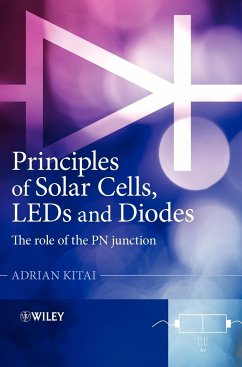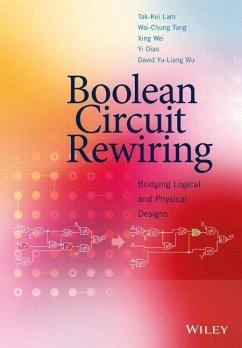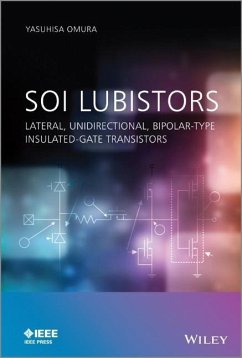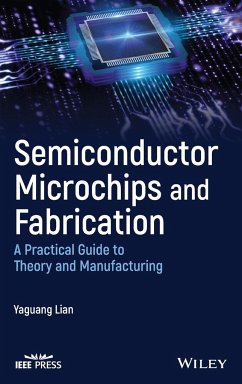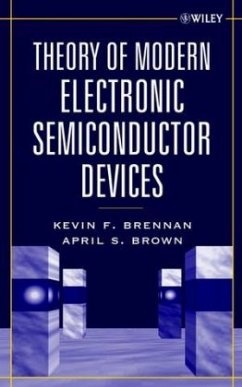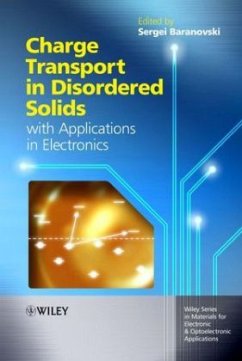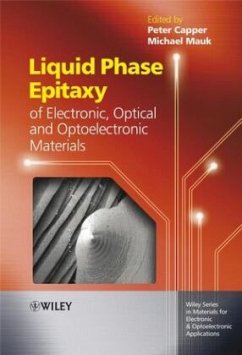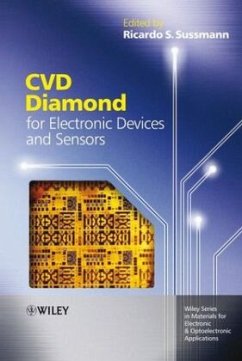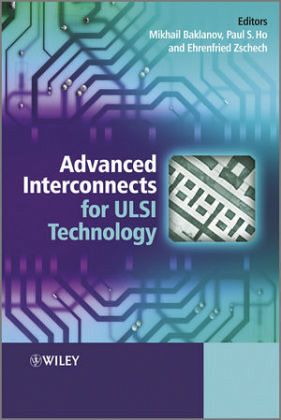
Advanced Interconnects for ULSI Technology

PAYBACK Punkte
109 °P sammeln!
Finding new materials for copper/low-k interconnects is critical to the continuing development of computer chips. While copper/low-k interconnects have served well, allowing for the creation of Ultra Large Scale Integration (ULSI) devices which combine over a billion transistors onto a single chip, the increased resistance and RC-delay at the smaller scale has become a significant factor affecting chip performance.Advanced Interconnects for ULSI Technology is dedicated to the materials and methods which might be suitable replacements. It covers a broad range of topics, from physical principles...
Finding new materials for copper/low-k interconnects is critical to the continuing development of computer chips. While copper/low-k interconnects have served well, allowing for the creation of Ultra Large Scale Integration (ULSI) devices which combine over a billion transistors onto a single chip, the increased resistance and RC-delay at the smaller scale has become a significant factor affecting chip performance.
Advanced Interconnects for ULSI Technology is dedicated to the materials and methods which might be suitable replacements. It covers a broad range of topics, from physical principles to design, fabrication, characterization, and application of new materials for nano-interconnects, and discusses:
Interconnect functions, characterisations, electrical properties and wiring requirements
Low-k materials: fundamentals, advances and mechanical properties
Conductive layers and barriers
Integration and reliability including mechanical reliability, electromigration and electrical breakdown
New approaches including 3D, optical, wireless interchip, and carbon-based interconnects
Intended for postgraduate students and researchers, in academia and industry, this book provides a critical overview of the enabling technology at the heart of the future development of computer chips.
Advanced Interconnects for ULSI Technology is dedicated to the materials and methods which might be suitable replacements. It covers a broad range of topics, from physical principles to design, fabrication, characterization, and application of new materials for nano-interconnects, and discusses:
Interconnect functions, characterisations, electrical properties and wiring requirements
Low-k materials: fundamentals, advances and mechanical properties
Conductive layers and barriers
Integration and reliability including mechanical reliability, electromigration and electrical breakdown
New approaches including 3D, optical, wireless interchip, and carbon-based interconnects
Intended for postgraduate students and researchers, in academia and industry, this book provides a critical overview of the enabling technology at the heart of the future development of computer chips.




